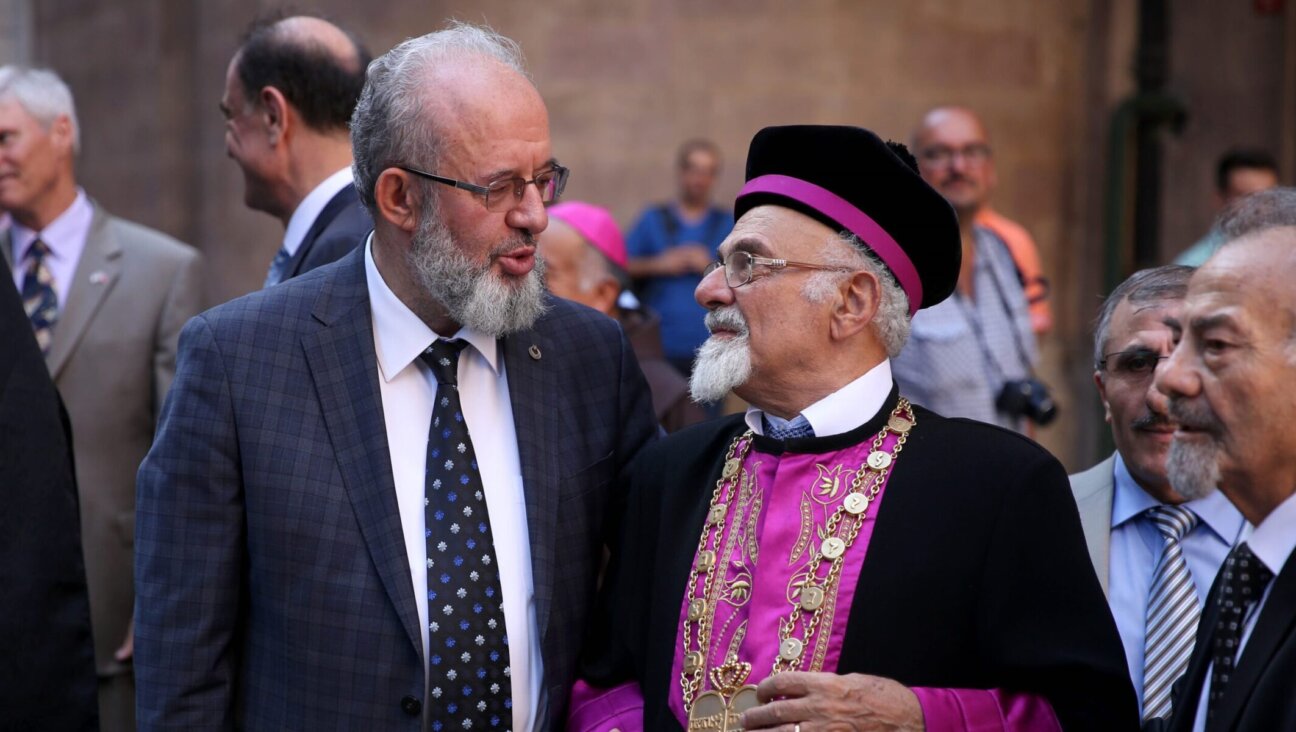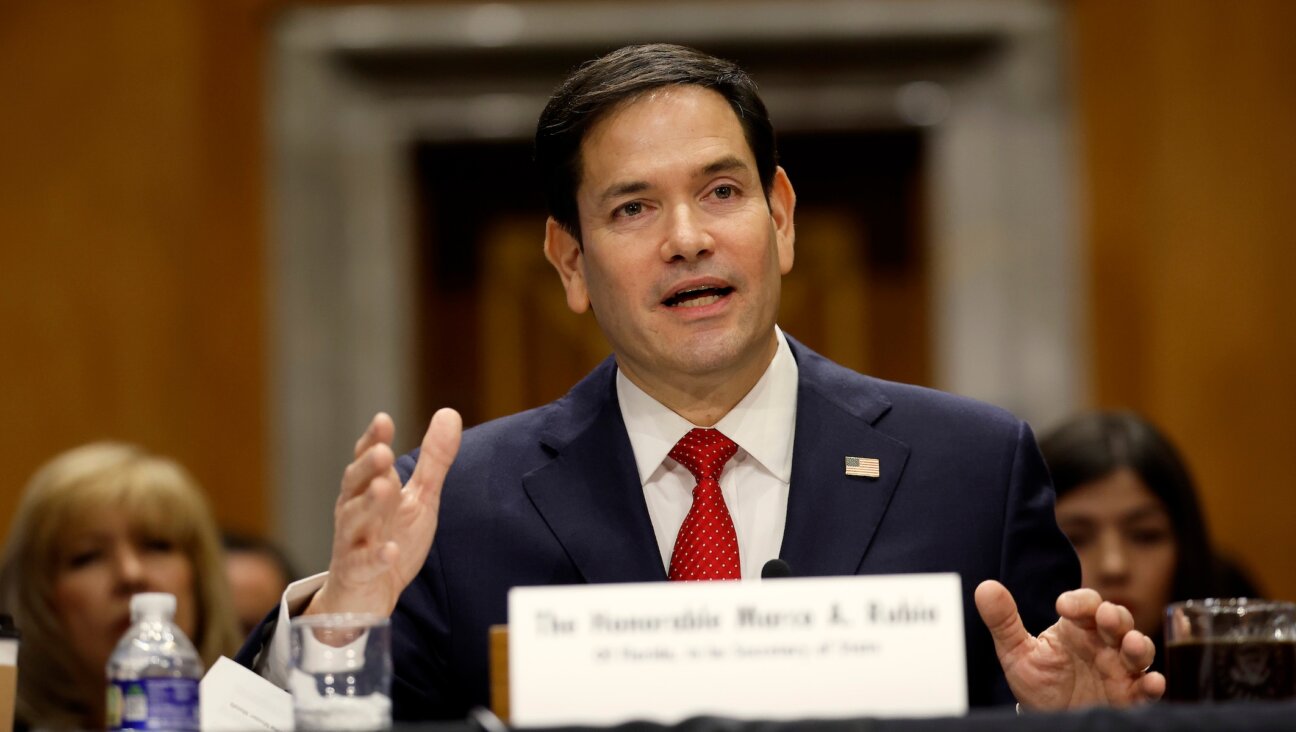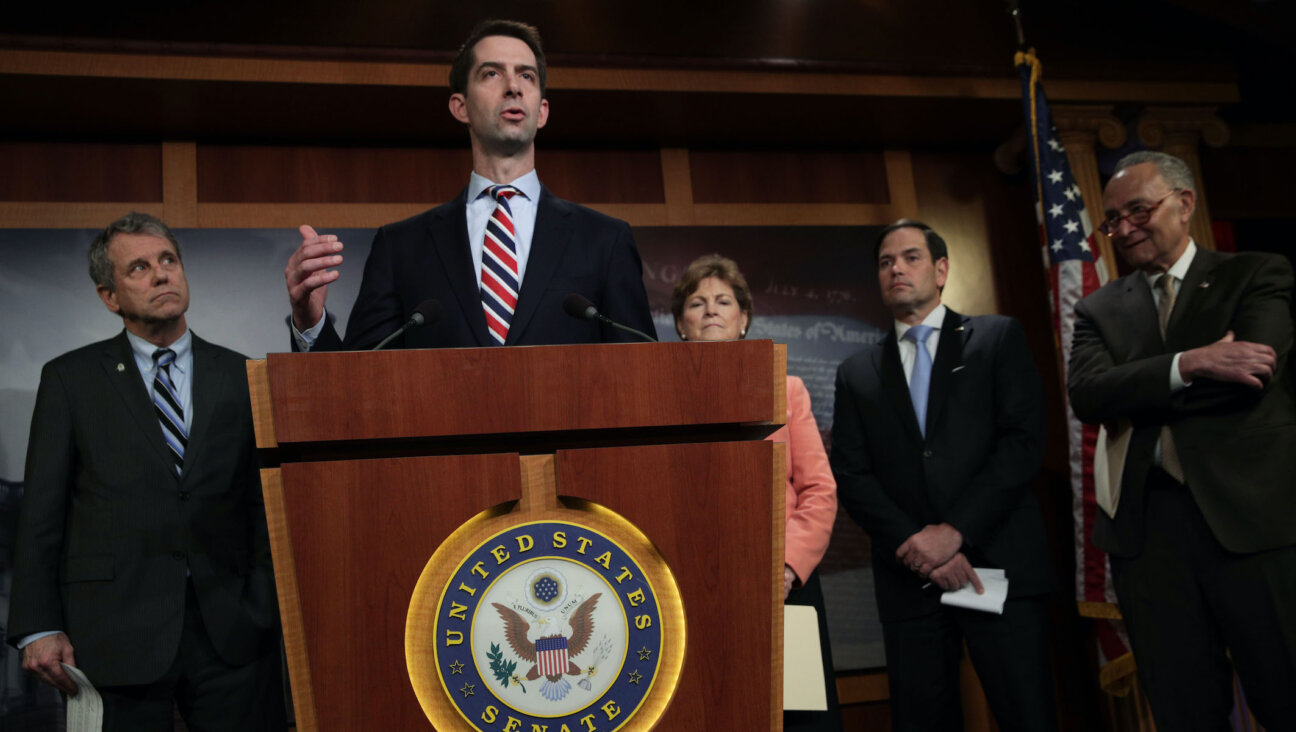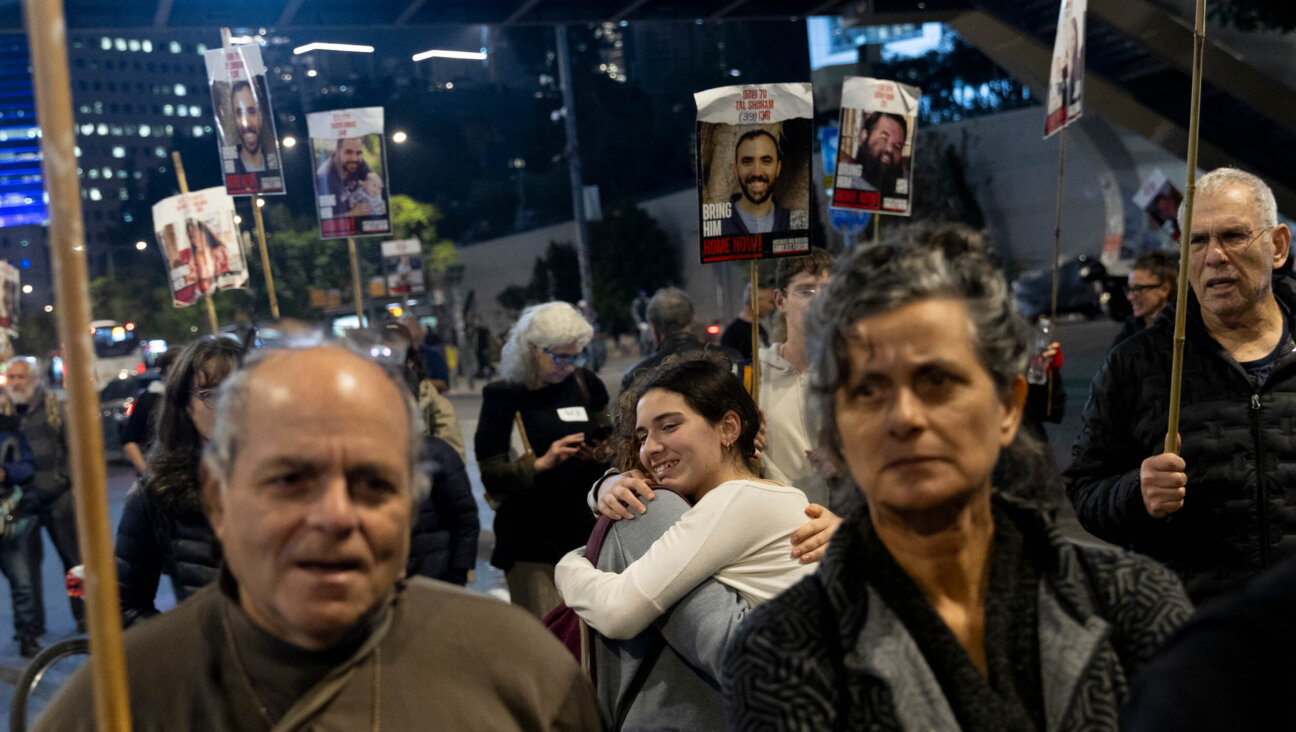John Kerry Struggles To Contain Damage From Israeli Settlement Building
Secretary of State John Kerry sought on Tuesday to prevent the fracturing of his Middle East peace initiative, which faces its greatest threat to date from a series of Israeli announcements of new settlements in the West Bank and East Jerusalem.
Even as he was making his first visit to South America as secretary of state, Kerry reached out to the leaders of Israel and the Palestinian Authority a day before Israeli-Palestinian peace talks are due to resume in Jerusalem.
Kerry said that in a phone call with Israeli Prime Minister Benjamin Netanyahu, “we had a very frank and open, direct discussion of settlements.”
The U.S. secretary of state spoke later in the day with Palestinian Authority President Mahmoud Abbas. Abbas “is committed to continue to come to this negotiation,” Kerry said, speaking before the two men talked by phone.
While the latest round of talks appears likely to go ahead, Kerry’s diplomatic spadework from the other side of the world underscores the task he has ahead in trying to keep both sides at the table and nudge them toward agreement.
Israel in recent days has announced tenders for or advanced the planning process on about 3,100 housing units in the West Bank and East Jerusalem, areas Palestinians claim for their own independent state.
That has led to suggestions from Palestinians that the peace talks, which Kerry announced just last month, may not last long.
“If the Israeli government believes that every week they’re going to cross a red line by settlement activity … what they’re advertising is the unsustainability of the negotiations,” chief Palestinian negotiator Saeb Erekat said on Sunday.
At a news conference in Brasilia with Brazilian Foreign Minister Antonio Patriota, Kerry reiterated that the Obama administration views the settlements as “illegitimate.”
But he also acknowledged that Israel is not going to stop building on lands that many observers believe will be allotted to it in any eventual peace accord.
KERRY SAYS NETANYAHU “COMPLETELY UPFRONT”
“Prime Minister Netanyahu was completely upfront with us and with President Abbas that he would be announcing some additional building that will take place, in places that would not affect the peace map,” Kerry said.
“He has specifically agreed not to disturb what might be the potential for peace going forward,” Kerry said, referring to new Israeli building on lands that most observers agree would be part of a potential Palestinian state.
“We still believe it would be better not to be doing it,” he added, “but there are realities of life in Israel that have to be taken into account here.”
Netanyahu’s coalition government is unlikely to agree to a complete cessation of settlement activity. The Palestinians demanded such a halt in a previous round of talks shepherded by Kerry’s predecessor Hillary Clinton, dooming them to failure.
In late July, Kerry set a nine-month deadline for the peace talks, a timetable designed in part to get the long-time adversaries talking quickly on their core disputes and minimizing the chances that settlements or other disruptions would torpedo the negotiations.
Bowing to a Palestinian condition to get the talks going, and eager not to antagonize an anxious Washington, Netanyahu has agreed to the staggered release of 104 Palestinian prisoners, many convicted of murder.
The first 26 are due to go free early on Wednesday, and political analysts say the recent splurge of settlement moves was a bid by Netanyahu to placate his legion of supporters who reject the so-called two-state solution.
Patriota, Kerry’s Brazilian counterpart, praised the American diplomat’s months of effort to get face-to-face Israeli-Palestinian negotiations. But he also made clear where his government stands on Israeli construction in the West Bank and East Jerusalem.
“We are against the … settlements,” he said.
U.N. Secretary General Ban Ki-moon was headed to the Middle East later this week, the United Nations said on Tuesday. He plans stops in Jordan; the West Bank city of Ramallah, headquarters of the Palestinian Authority; and Jerusalem.
A message from our Publisher & CEO Rachel Fishman Feddersen

I hope you appreciated this article. Before you go, I’d like to ask you to please support the Forward’s award-winning, nonprofit journalism so that we can be prepared for whatever news 2025 brings.
At a time when other newsrooms are closing or cutting back, the Forward has removed its paywall and invested additional resources to report on the ground from Israel and around the U.S. on the impact of the war, rising antisemitism and polarized discourse.
Readers like you make it all possible. Support our work by becoming a Forward Member and connect with our journalism and your community.
— Rachel Fishman Feddersen, Publisher and CEO




















